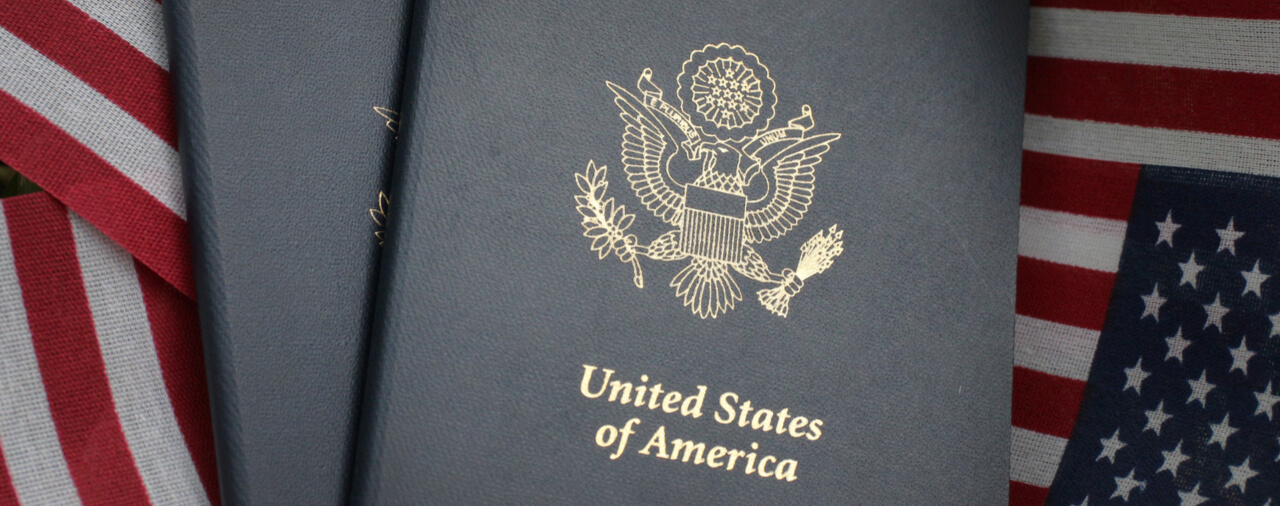Series of Articles on Morales-Santana v. Sessions (Derivation of Citizenship at Birth Decision)

- Introduction
- Articles on the Sessions v. Morales-Santana decision and its effects
- Articles on proceedings prior to the Sessions v. Morales-Santana decision
- Conclusion
Introduction
On June 12, 2017, the Supreme Court of the United States issued a decision in Sessions v. Morales-Santana, 137 S.Ct. 1678 (2017) [PDF version]. In the decision, the Supreme Court struck down disparate residency requirements for unwed U.S. citizen mothers (section 301 of the INA) and unwed U.S. citizen fathers (section 309) for the conferral of U.S. citizenship to children born abroad. The Court opted to apply the more stringent rules codified for unwed U.S. citizen fathers to unwed U.S. citizen mothers as well. This decision is highly significant in the context of the laws for statutory derivation of citizenship at birth for children born abroad, specifically for children born abroad to an unwed U.S. citizen mother.
This article will serve to organize the number of articles we wrote on the subject of Sessions v. Morales-Santana.
Articles on the Sessions v. Morales-Santana decision and its effects
Supreme Court decision: Sessions v. Morales-Santana, 137 S.Ct. 1678 (2017) [see article]
As we discussed in the introduction, Sessions v. Morales-Santana made the residency requirements for unwed U.S. citizen mothers and unwed U.S. citizen fathers uniform for the conferral of U.S. citizenship to children born abroad. The INA provides for a more stringent residency requirement for U.S. citizen fathers in section 309 than it does for U.S. citizen mothers in section 301. The question going into Morales-Santana was, if the Supreme Court found that the different residency requirements were unconstitutional, what remedy it would choose? The Court opted to apply the stricter residency requirements already in effect for U.S. citizen fathers to U.S. citizen mothers as well. Please see our full article to learn more, and of course, consult with an experienced immigration attorney for answers to any case-specific questions.
Deriving Citizenship Through Parents at Birth [see article]
This is our general article on the derivation of citizenship through parents at birth. Our original version of the article covered the pre-Morales-Santana rules. Subsequent to the issuance of Morales-Santana, we updated our main derivation of citizenship at birth article with detailed information about the post-Morales-Santana environment.
Previous Articles on proceedings prior to the Sessions v. Morales-Santana decision
Supreme Court Grants Cert and Recap of Second Circuit Decision [see article]
In this article, we discussed the Supreme Court's decision granting the Government's appeal from the United States Court of Appeals for the Second Circuit's decision in Morales-Santana v. Lynch, 804 F.3d 520 (Jul. 5, 2015). The article discusses the facts of the case, the Second Circuit's reasoning and decision, and the issues on appeal that would ultimately be decided on appeal in Sessions v. Morales-Santana. The Second Circuit, like the Supreme Court, had found that the disparities in the residency requirements for unwed U.S. citizen mothers and unwed U.S. citizen fathers were unconstitutional. However, unlike the Supreme Court, the Second Circuit had resolved the issue by striking down the stricter residency requirements for unwed U.S. citizen fathers and applying the lower standard for unwed U.S. citizen mothers to all. The Second Circuit had also then determined that the petitioner was a U.S. citizen by way of having derived citizenship from his U.S. citizen father. The Supreme Court reversed the Second Circuit on the last two issues.
Supreme Court Oral Argument Recap [see article]
In this post, we examined the oral arguments in Lynch v. Morales-Santana, which would later be known as Sessions v. Morales-Santana due to the change in U.S. Attorney General. The oral arguments showed how the then-eight justices of the Supreme Court grappled with the issues presented in Morales-Santana. Although the decision in Sessions v. Morales-Santana represents the new law and their final word on the issues, the oral arguments still make for interesting reading.
Conclusion
Morales-Santana is one of the most significant decisions in the area of derivation of citizenship at birth. If an individual believes that he or she (or his or her child) may have derived citizenship at birth or after birth, he or she should consult with an experienced immigration attorney for a case-specific consultation. As we make clear in our main article on the subject, the laws for deriving citizenship are complicated, and often hinge on the statute in effect at the time of the birth in question.